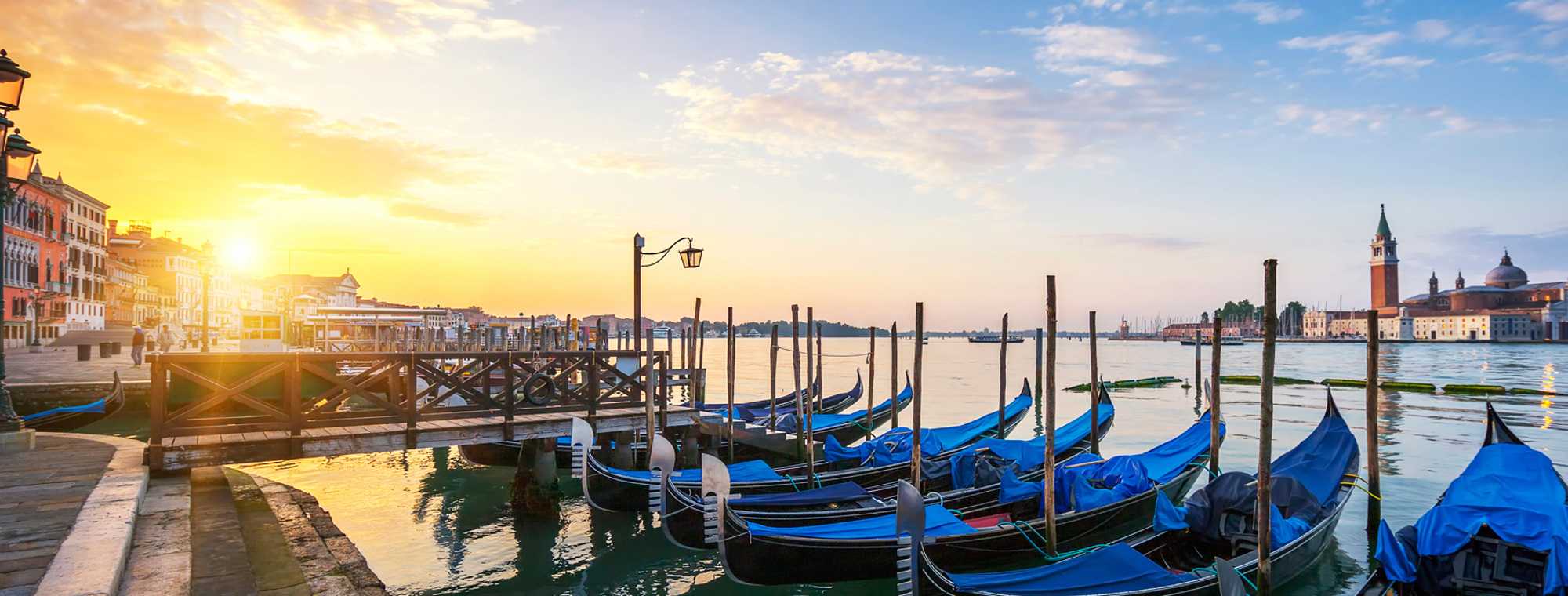Italy Travel FAQs
& Expert Tips

If you’re planning a trip to Italy, it’s essential to know a few things before you start packing your bags. Where to grab cash on the go, how to find medicine, and to know what to pack are just a few things to consider before booking your vacation.
Before landing in Italy, make sure you do the three most important things: get local currency (euros), have your hotel reservations and address, and pack crucial essentials like medication and adapters for electrical outlets.
Keep this Italy FAQ on hand as we address some of the most commonly asked questions about planning trips to Italy right here.
Rather than exchanging cash in the U.S., it's easier on your wallet to use your credit or debit card at any ATM wherever you land in Italy. Every airport has ATMs, and spotting them isn’t difficult. Using ATMs in Italy is easy, and a great time-saver, too.
Before getting on your motorcoach or hailing a cab, know the name, phone number, and address where your hotel is located. This will ensure that your driver can find even the most obscure listings, and if you’re driving yourself, it makes using GPS in a foreign country much more user-friendly. When you book your airfare through Grand European, don't forget that all airport transfers are covered.
The two most basic things you’ll need are any prescribed medications you’re taking, and adapters for any electrical components you brought with you, including your phone. All of Europe uses 220V outlets, half the voltage of North America’s 110V outlets. So, make sure you have enough adapters for everything from your smartphone to your hairdryer. Don’t bring non-essential items like food or snacks, other than what you need on the plane, as you’ll be surrounded by amazing restaurants, open-air markets, and bodegas.
Pro-traveler’s tip: Don’t bring any appliances more than five years old—these won’t work in Europe, even with an adapter, as they are not 110/220V compliant like today’s appliances are. Older appliances require converters, which are heavy and unwieldy, so try to avoid them if possible.
There are pharmacies (farmacias) all over most towns in Italy, and the hours are good at most locations. You can use Google on your smartphone to locate the nearest farmacia, and even those that are open 24 hours a day and on Sundays. If something happens to you medically and a doctor in Italy prescribes you medicine, you can also fill these at any corner farmacia with ease.
Be sure you know, understand, and observe local laws in Italy. For example, it’s against the law not to have identification on your person while visiting Italy. You can learn more about Italian laws here before leaving for your tour, but rest assured, none of them will prevent you from having an excellent experience abroad.
Before you leave the U.S., make sure you’ve left a color copy of your passport along with information about where you’ll be lodging with a loved one in the U.S. If you need the U.S. Consulate or Embassy while on tour, click here for locations and phone numbers in each Italian city.
And finally, don’t forget to enjoy the views, art, festivals, food, and Italian wine!






